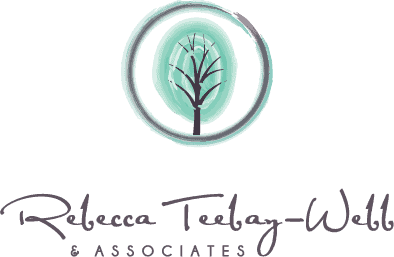Living with a family member who has attention deficit hyperactivity disorder (ADHD) can be challenging and at times overwhelming. Comprehensive support is important for an individual who is living with ADHD and for their family members. In this blog post, we will explore effective strategies to empower and assist the loved ones of individuals who are living with ADHD. We hope that these ideas will help you to promote a nurturing environment that promotes understanding, resilience, and overall well-being.
Educate Yourself about ADHD:
To become a helpful supporter, understanding that ADHD is a neurodevelopmental disorder is crucial. Additionally, proper assessment and treatment from health professionals are helpful for your loved one to thrive. Education can also help you to learn that while the symptoms and challenges associated with ADHD can be wide-ranging, complex, and present differently in each person, there are effective treatments to help your loved one flourish. By increasing your knowledge, you can gain insight into your family member's experiences, which can lead to better understanding and foster empathy. Some
Establish Open Communication Channels:
Open and honest communication is vital when supporting family members with lived experience of ADHD. Encouraging open dialogue, where different family members are able to share their challenges and receive validation and support, can contribute to the development of a safe space. Refraining from judgement or unhelpful terms such as ‘deficit’ or ‘bad behaviour’, and instead using terms such as ‘neurodiverse’ or ‘learning how to self-regulate more consistently’ can contribute to feeling safe and supported.
Seek Support Networks:
Connecting with support networks and resources can be invaluable for family members of individuals with ADHD. You do not need to navigate this complex and challenging journey alone! There are many local and online support groups, where you can share experiences, exchange advice, and gain support from individuals who understand your situation. Professional counseling or therapy can also provide guidance and help you navigate the unique challenges you may face.
Practice Self-Care:
Caring for a family member with ADHD can be emotionally and physically demanding. Effective caring for a loved one requires prioritization of your self-care to maintain your well-being. Schedule time for activities that rejuvenate you, whether it's exercise, hobbies, spending time with friends, or practicing mindfulness techniques. Taking care of yourself enables you to better support your loved ones and enhances your resilience.
Set Realistic Expectations:
Individuals with ADHD may face difficulties in a number of areas, such as organization, starting or completing a task, time management, and impulsivity. Learning about the rewards which motivate your loved one can help you to set realistic expectations, which in turn can help alleviate frustration and maintain a positive environment. Focus on their strengths and celebrate their achievements, no matter how small. Encourage progress and growth, understanding that everyone's journey is unique.
Collaborate with Professionals:
Working together with professionals specializing in ADHD can provide valuable guidance and support. Seek assistance from psychologists, therapists, or counselors experienced in ADHD management. They can offer strategies tailored to your family's specific needs, provide psychoeducation, and help you and your family to thrive.
Foster a Structured and Supportive Environment:
A structured and supportive environment can greatly benefit individuals with ADHD and their families. Establish consistent routines, clearly outlining expectations and responsibilities. Break tasks into manageable steps and provide visual aids or reminders to facilitate organization. Create a calm and distraction-free space for studying or engaging in activities that require focus. By fostering a supportive environment, you can promote a sense of security and enable your family member to thrive.
Supporting the family members of individuals with ADHD requires patience, understanding, and a comprehensive approach. At Rebecca Teebay-Webb & Associates, we understand the unique challenges of living with a loved one who has ADHD. Reach out to us and let us see how we can work together so that you and your family can receive the support you need for your well-being.

